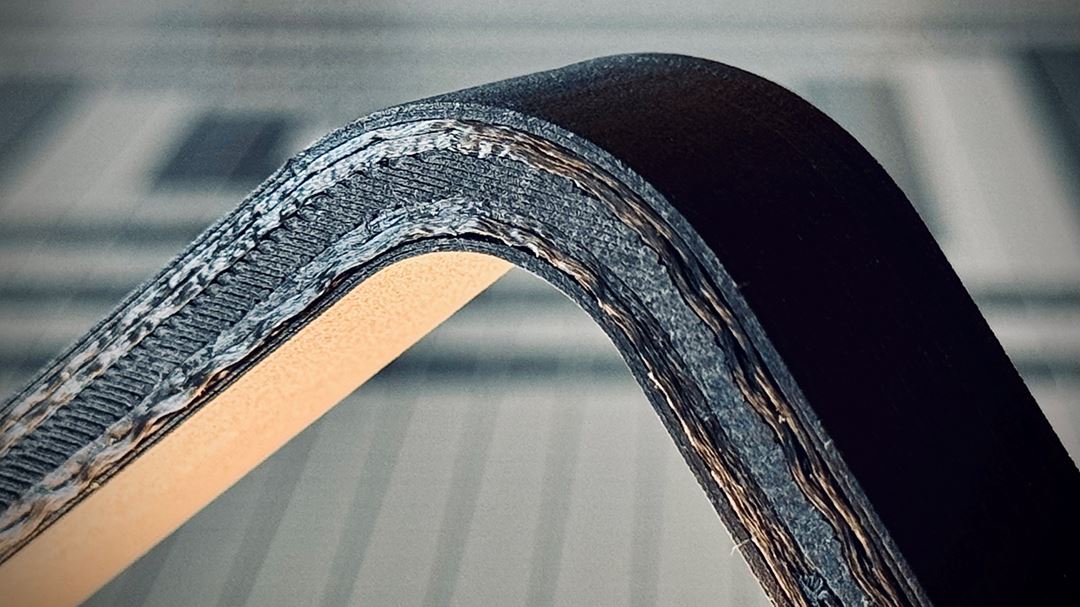Additive manufacturing (AM) is increasingly used for spare parts and small series of end-use parts. AM is a digital and physical process with many advantages such as enabling innovative designs with short lead times. This project aims to tackle some of the remaining key challenges to using AM in an industrial context. These challenges include high-fidelity numerical simulation of mechanical part performance, in situ monitoring of part quality, part documentation and certification, and assessment of the sustainability potential of this new composite processing route.
The research innovation focuses on material extrusion AM with fibre-reinforced thermoplastic polymer materials ("composite AM") with a special attention devoted to continuous fibre reinforcements, e.g. carbon fibres. These are rather new high-end AM processes for making parts with very high stiffness and strength relative to the density, which can exceed the performance of light metal alloys.
The main objectives are to develop composite AM technology to produce parts with improved quality, repeatability, documentation and sustainability, and to predict mechanical performance with high fidelity. Critical R&D challenges include developing a system for in situ process monitoring and establishing material models to be used in industrial finite element analysis software. Importantly, material recycling of composite AM parts will also be demonstrated along with an estimation of the carbon footprint compared to conventional composite processing routes.
Partners
The applicant, Fieldmade AS, was an early Norwegian adopter of AM technology with their innovative portable micro-factories. Their ambition through this project is to generate a deeper understanding of materials, reinforcement layout, processes and part quality to enable the production of parts for higher criticality levels than is currently possible. The results will improve Fieldmade's NOMAD LW, a mobile AM solution with a large sales potential including exports.
Innofiber AS produces small series in advanced composite materials with conventional composite processes, and has also adopted AM.
UiO contributes expertise in sensorics and machine learning via the research group for Robotics and Intelligent Systems (ROBIN).
SINTEF contributes expertise on AM, composite materials and testing/modelling of mechanical properties via the specialist group for polymer and composite materials.
The project will contribute to developing knowledge-based industry in Norway by working interdisciplinary to unite expertise in AM, materials technology, modeling of mechanical performance (solid state mechanics), sensor technology and machine learning.
Project type: Innovation Project for the Industrial Sector (IPN)
Funding body: The Research Council of Norway



